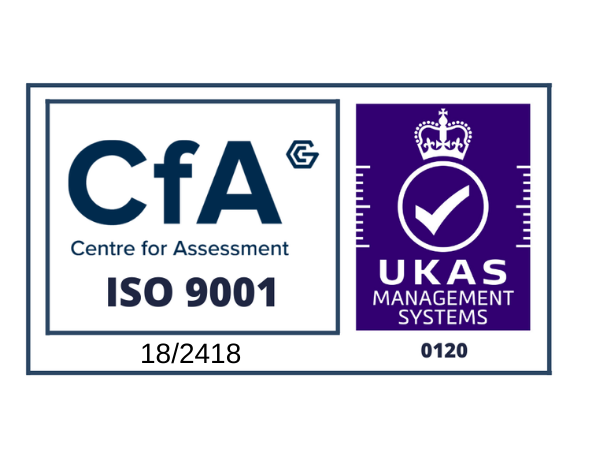Is It Best to Renovate or Rebuild a Property?
People often look to a renovation project when they want to make their own mark on a property, but would you be better off knocking it down and starting from scratch? Rather than planning a major conversion, it might be cost-effective to opt for rebuilding instead.
To Renovate or Rebuild
The first step to making the decision is to look at it from a practical angle and consider what needs doing to the property to get it how you want it. If you just want to change the style or layout, such as adding in stainless steel banisters or a new kitchen, then renovation is probably the best route.
You should also speak to estate agents and see what the expected value of a renovated or rebuilt home would be. For either option, you’ll also need detailed building and construction costs to help you make a decision.
The Condition of the Property
Before deciding whether to rebuild or not, assess the architectural value and the general condition of the house. Period properties, for example, can be more appealing than homes from the 1950s and 1960s, so are better placed for renovations.
The Cost
In some circumstances a new-build can be cheaper than carrying out a major renovation. You need to be careful about hidden costs with renovations, such as structural issues, that can add to the costs, as well as the fees for professional services and rent if you need to live off-site for a time. With a new-build you’ll be entitled to a ten-year warranty, which provides peace of mind against the large costs involved. The overall costs of any project will also be affected by the fixtures and fittings you choose, like stainless steel banisters or real wood flooring.
Planning Consent
It’s important to remember that planning permission is not guaranteed, even if a dwelling already sits on the land. When you’re considering a rebuild or renovation project, it’s always best to speak to your local authority first to see what restrictions there might be - such as listed building status or living in a conservation area or on green belt land.
To have a better chance of planning permission being granted, make sure you do some research and look at any building work that’s already been done locally. Think about any issues neighbouring properties might have and talk to an architect about your plans, as they’ll be experienced enough to advise you.







